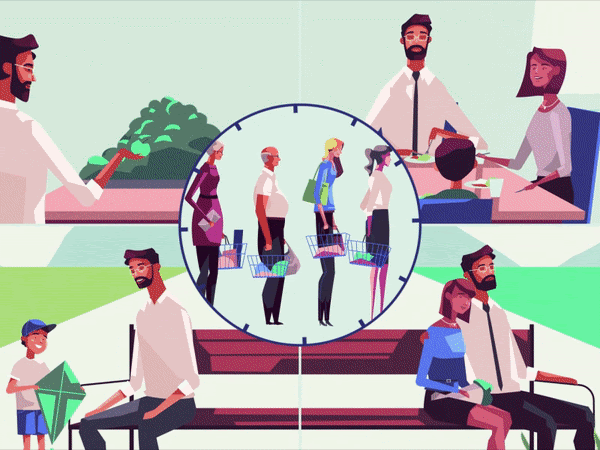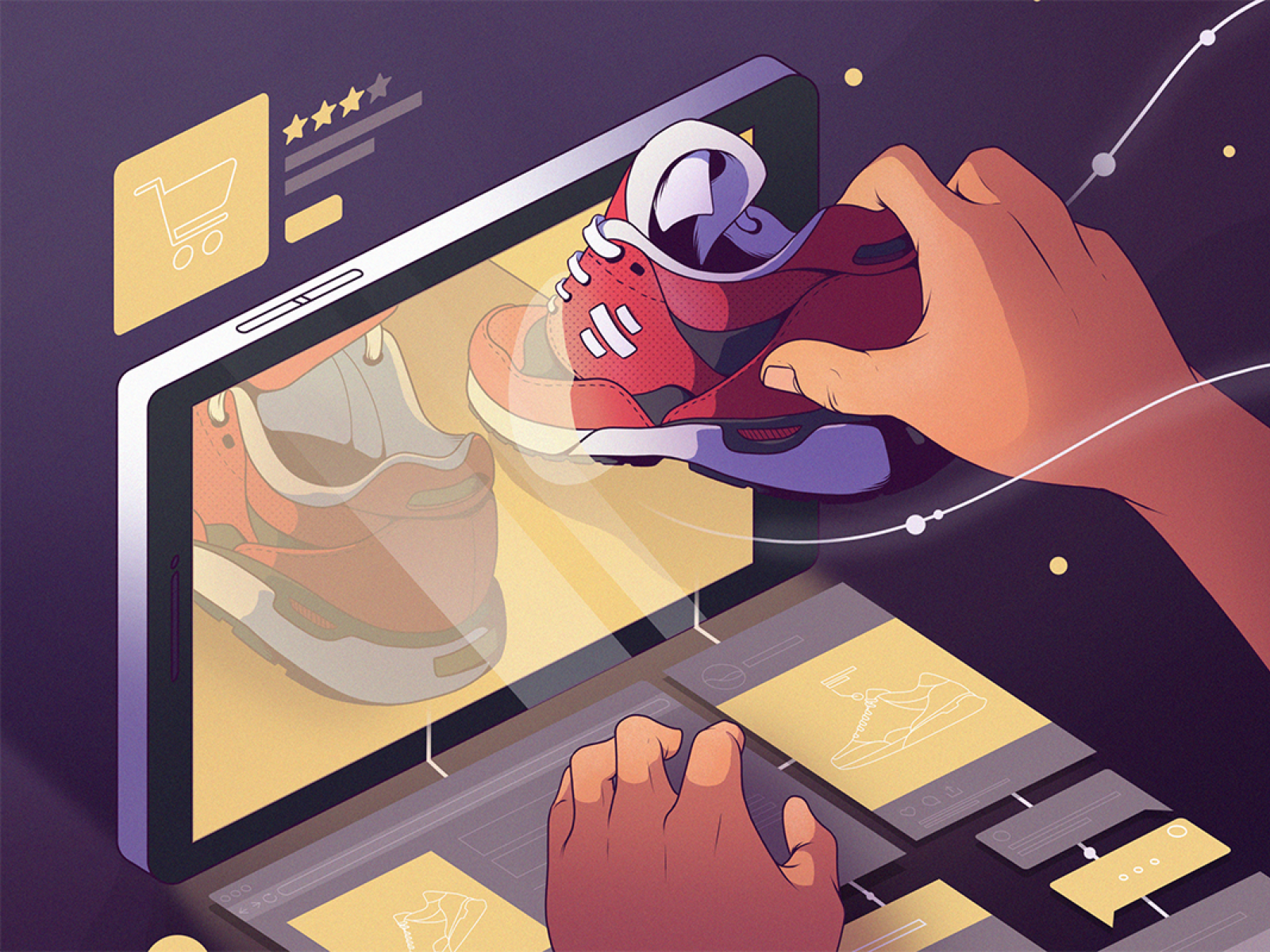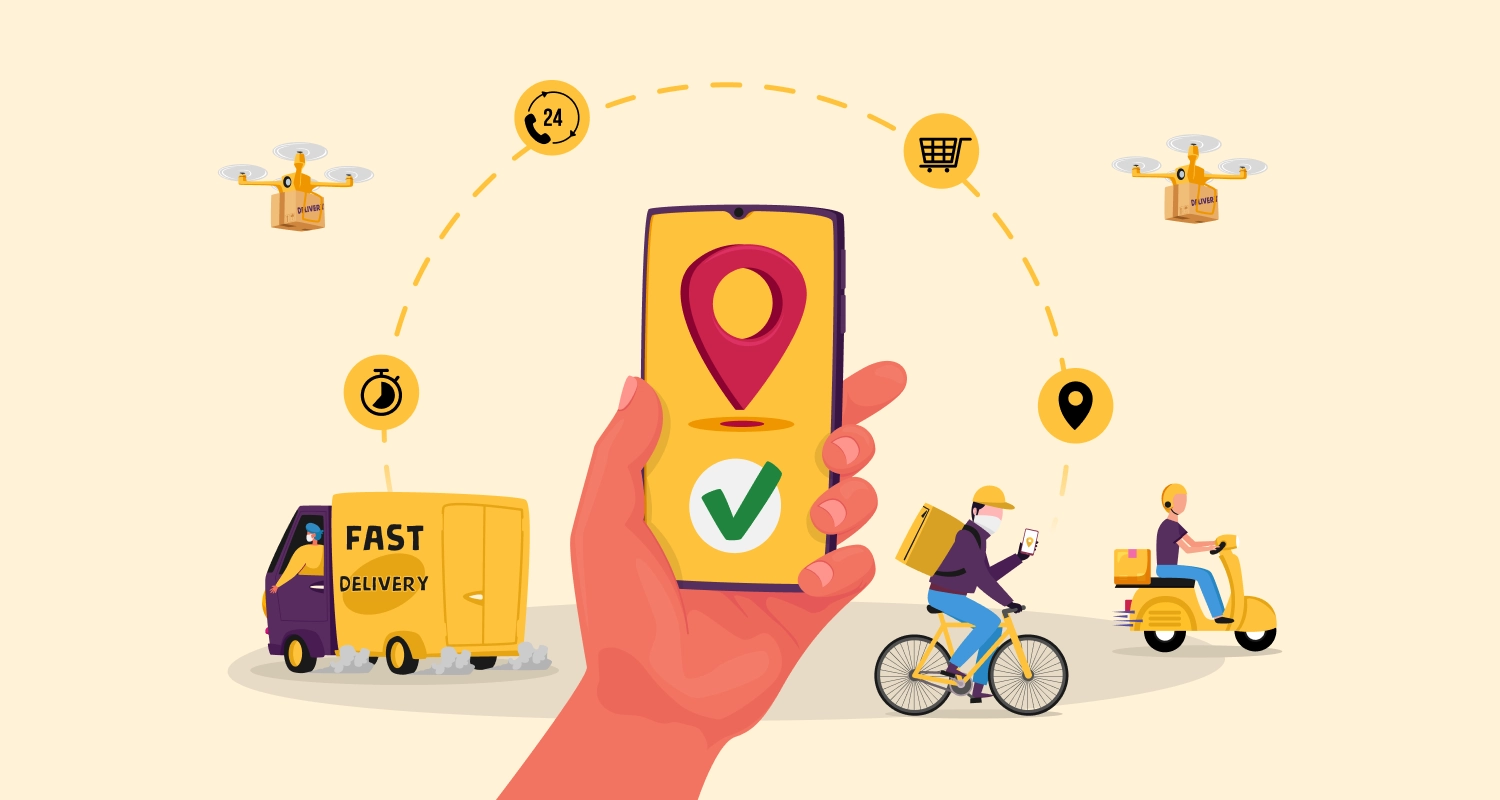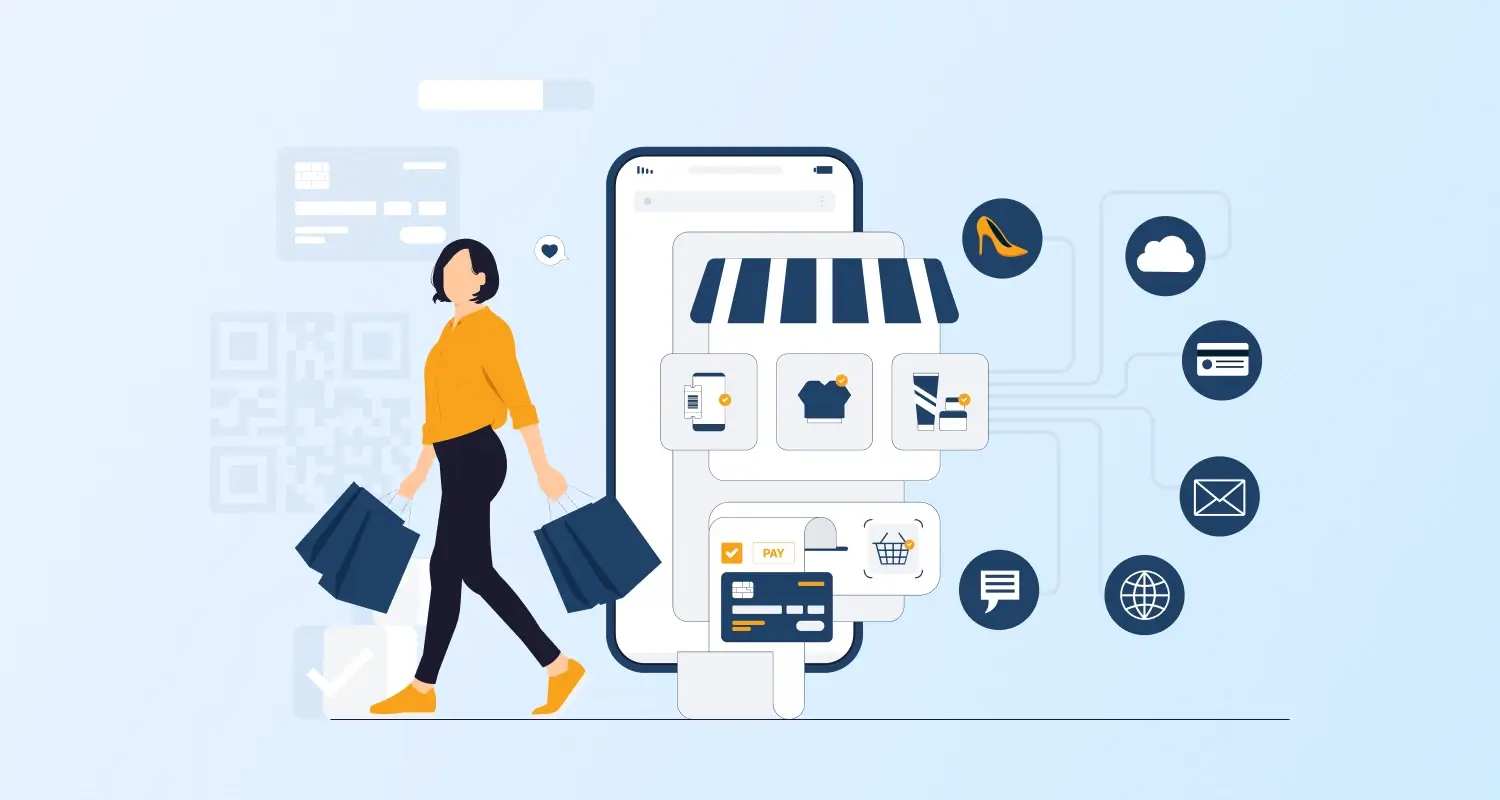The Covid-19 pandemic has taken the biggest toll on all businesses that facilitate people to come to a place for a mutually shared purpose. From retail outlets to restaurants to public transports, all these businesses and industries are in the frontline of facing the worst of the situation.
Particularly, retail businesses selling all non-essential commodities have been badly hit by the pandemic and emerging lockdown. Naturally, retail businesses are rethinking adjusting their business strategy. Do the retailers still need to stick to their traditional omnichannel marketing strategy or should they reconsider their future marketing strategies? What are the key reasons for which they should reconsider business strategies? Here through this post, we would try to answer all these questions.
The Key Reasons to Invest in Retail Now
You may have found the complete lockdown of cities along with its business premises, shops, and malls as the alarming signs for your business. You might have been already panicked about the future and feeling helpless about your business. In such a situation you and many like you won’t consider investing a penny on the business, right?
Well, while your panic and the fear have some basis and you are right to feel the despair and feeling of helplessness, you may not have considered other innovative ways to restart your business in the near future without really depending on how the pandemic led situation normalises to your favour. Yes, instead of sticking to your traditional brick and mortar store for running your business, you can just keep the wheel running just by opting for online mode and also through mobile commerce apps. By investing a sum on shaping your online and mobile retail outlets you can gradually come out of uncertainty and keep the sales rolling.
Addressing Evolving Consumer Demands and Different Customer Preferences
Thanks to online stores and access to wide-ranging product and service options on their mobile screens, today’s customers have a wide-ranging choice of products and they exercise more control over their preferences and purchasing options than ever before. Ease of browsing, effortless interactions, and ease of shopping are the three aspects that most consumers give value to alongside traditional considerations on product quality and brand reputation. This is exactly why mobile commerce, custom eCommerce solutions, or Magento development services can play a bigger role in preparing future online retail brands from today’s brick and mortar stores.
The COVID-19 pandemic further made people lean towards hi-tech and contactless buying experience due to the government restrictions as well as justified health concerns and panic. When people are not able to step outdoors due to the crisis, any business offering doorstep delivery of essentials will naturally be more favorable to the customers. So, the pandemic further gave reasons to retailers for embracing technologies and sophisticated means to survive in this trying time.
Thanks to the pandemic a barrage of first-time shoppers on the online stores are entering and the situation has widened the market opportunities for retailers all over the globe in an unprecedented manner. Because of the lockdown many people who were very infrequent visitors to online stores are turning now to online shopping more frequently and enjoying the ease and effortless shopping experience provided by these stores. This huge growth opportunity for the online retail space created by the pandemic can be utilized by many retailers who never gave digital platforms a serious consideration.
E-Commerce and Mobile Commerce Holds the Future of Retail
In the past decade, Amazon has grown at a pace that cannot be equaled by millions of retailers around the world. Thousands of successful online stores across the niches have sprung up all over the world within half a decade and many of them further became more accessible and easy to reach by providing their native mobile ecommerce apps. Today, online customers thanks to mobile commerce apps can stay connected to a brand and make purchases throughout the day and night.
Even the small businesses that earlier thought of online stores as something designed for big brands finally understood the level playing scope offered by web stores and mobile apps. Now, many small businesses are gradually turning to online stores and mobile apps just to stay competitive.
Traditional Retailers Find It Hard to Compete with eCommerce
There are many traditional retail brands with great storefront footprints across the countries. Many of them have been successful with the omnichannel strategy for years and became synonymous with many product niches. But ever since e-commerce stores started to make their presence felt, these retailers are also finding it hard to compete with e-commerce stores. Why they find this competition so challenging. Let us mention here some of the key reasons.
- Traditional legacy retailers often need to bear large overhead costs because of their expensive retail outlets, staff, and on-premise facilities.
- These traditional retailers also face decreasing profit margins in many severe price-competitive markets especially when facing price competition from online retailers.
- Their silo-based IT operation and centralized infrastructure are misfits to meet the present-day needs of the retail business.
- They suffer from a lack of scalability as their business to expand outreach needs huge investment in inventory and real estate.
- Lastly, traditional retailers running their businesses with age-old infrastructure and staff are often slow to adopt innovation and new technologies. This seriously hampers their growth prospect.
Read more: How Retail Apps Can Help Regular Businesses Compete with E-commerce Apps?
Shopping Experience Emerging as an Important Value Proposition
Online retail and mobile retail have emerged as dominant retail channels principally because the focus has shifted towards the shopping experience from merely the quality and pricing of products and services. While in a well connected and informed world where brands to rule almost every product niche, the differences in terms of deliverables are really diminishing. Naturally, customers are giving more priority to the ease of shopping for buying the same product from either a physical store or an online store. No wonder, in respect of shopping experience online stores and mobile commerce stores are enjoying an edge over traditional stores.
This is why even major traditional retailers like Walmart, Nordstrom, Macy’s, and others are now embracing the online storefronts and native mobile commerce apps to catch on to the trend focused on ease of shopping. Many leading brands that have a global presence such as Bose, Nike, Adidas, Sony, and others have now tremendous mobile, web, and social media presence to sell their products.
Future of Retail Technology
Thanks to an increasing range of innovations and creative outputs in the digital space, even e-commerce and mobile commerce stores are going through tremendous changes. All major retail brands now have embraced artificial intelligence (AI) and machine learning (ML) technologies to learn from user behavior and customer history to make the right recommendations of products accordingly.
Retailers are also opting for cutting edge security solutions and Blockchain database systems to wipe out security vulnerabilities and scopes of data tampering. Intelligent Chatbots are capable of answering customer queries and make recommendations based on previous customer choices and transactions. Modern retailers are also embracing sophisticated big data analytics and cloud computing to make sense of customer data and generate relevant data-driven insights for decision making.
A lot of digital wallet solutions will also gain popularity to help easy transactions and payment processing. As mobile retail will become the principal mode of sales and purchases of most products across the niches, cashless, and instant transactions through touch and face detection will become more popular. The integration of mobile and digital wallet solutions ranging from Apple Pay, Google Pay, and others will become intrinsic to the retail experience.
As the retail space is slowly shifting towards digital technologies empowered by web and mobile apps, innovation and engaging user experience will play a key role to win the competition. From intelligent chatbots to sophisticated big data analytics to AI and machine learning-based recommendation engines to digital wallets to seamless UI and UX, the future of retail depends heavily on advanced technologies and how retailers can adapt them.
Conclusion
There are leading retailers who are already in the frontline of innovation and are all set to respond to any new technology and innovation. They are equipped to turn any new technology into a new opportunity to propel growth. In contrast, the vast majority of retailers still feel threatened by the new technologies as they fear to be outpaced and outsmarted by the technologically well-equipped brands. This technology gap is going to play a decisive role in future competition.
As leading retailers for staying updated on the technology front are harnessing the power of partnerships and collaboration, smaller players should learn from such measures. Collaboration with leading technology brands and partners may help small retailers to take innovative opportunities and enjoy a level-playing field populated with brands of all sizes. The retail businesses can always compete with big and global brands only if they know about using innovations for breaching their weaknesses on other fronts.














